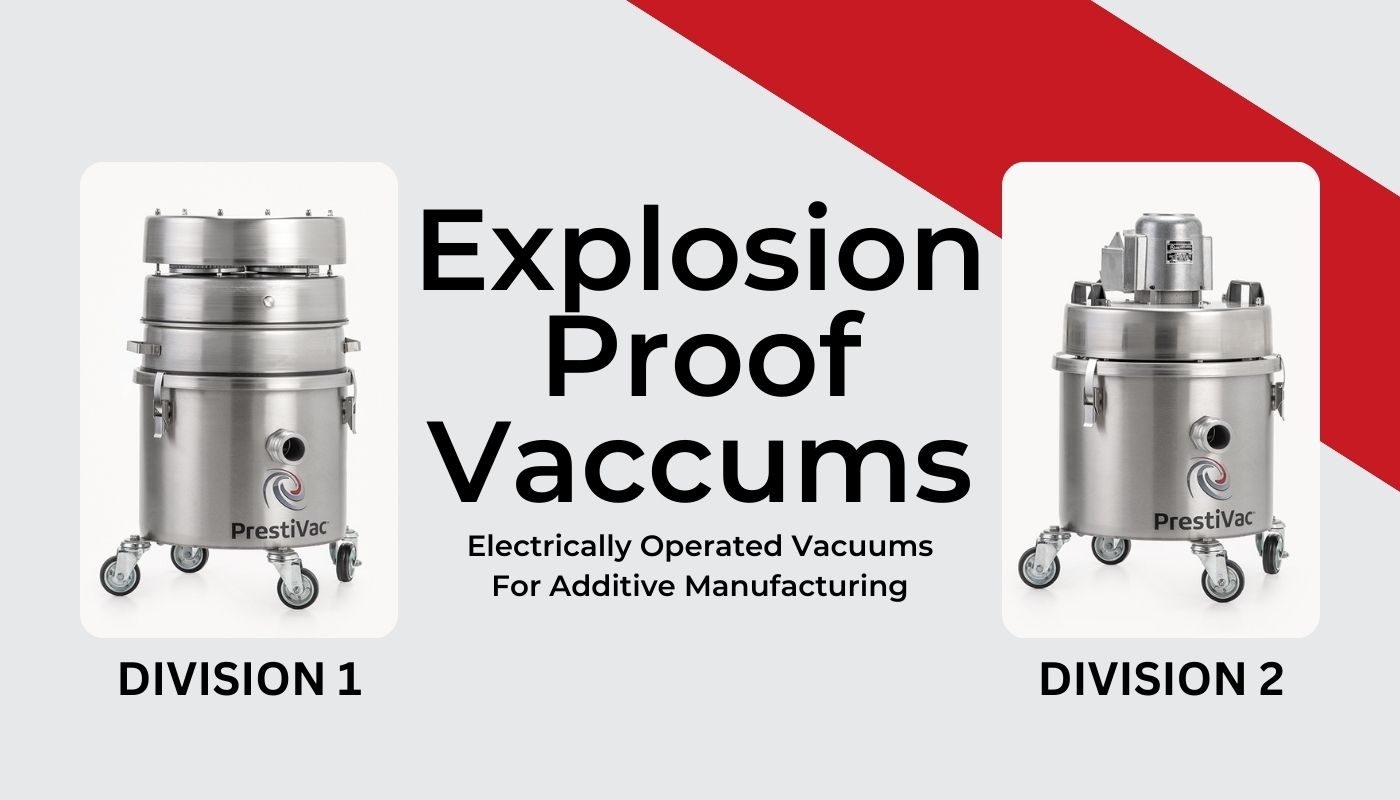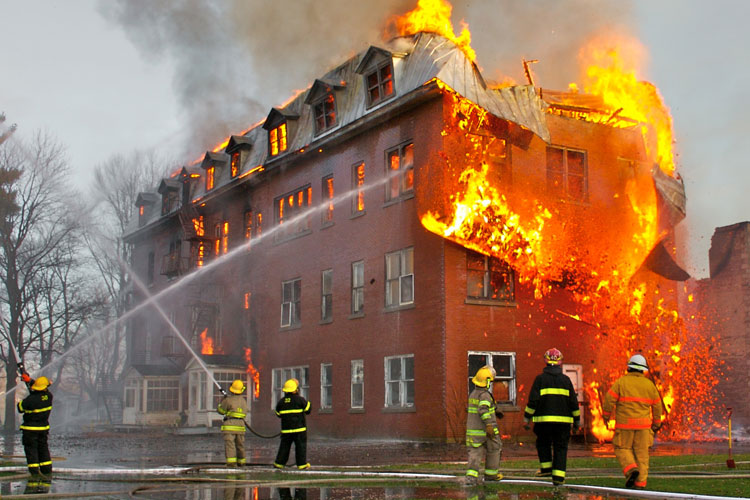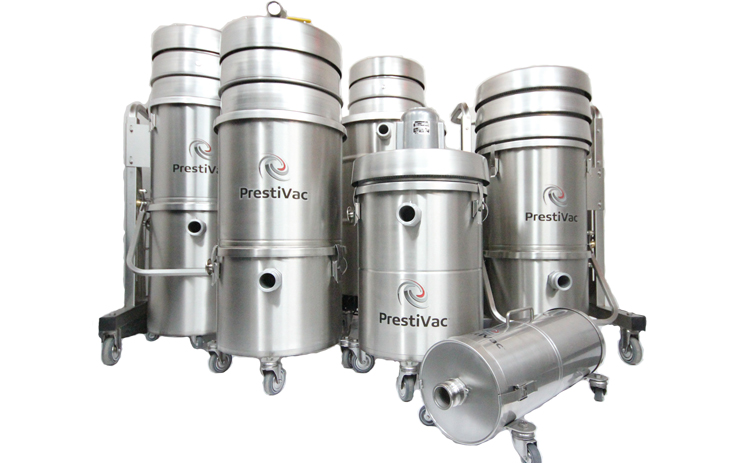Do you really need an industrial vacuum cleaner or will a shop-style vacuum do the trick?
You can find shop-style vacuums at your favorite appliances shop and are great for home, garage, woodworking shop cleaning and even for a specific commercial application. These types of vacuums are not endorsed for industrial use. Reason being, they cause sparks and if flammable dust is present, these vacuums can pose a substantial explosion risk.
The NFPA’s Directive on Vacuum Cleaners
Combustible dust causes a big risk in manufacturing and industrial plants. For this reason, the National Fire Protection Association released the NFPA 652: Standard on the Fundamentals of Combustible Dust. This standard has clear design necessities for portable vacuums for facilities that handle combustible dust in any way. The rule takes effect even for companies that are not considered hazardous.
The requirements are as follows:
- The vacuums must be made from conductive materials.
- The hoses attached to the vacuum must be static dissipative or conductive.
- All conductive parts must be grounded or bonded.
- Dust-laden air should not pass through the blower or fan.
Check the full list of requirements on the OSHA website.
Many shop-style vacuums do not meet these specific requirements, and can, therefore, pose an explosion risk.
The following are the properties of shop-style vacuums:
Insulative instead of conductive
The NFPA 652 states that vacuums and hoses should be made of dissipative or conductive materials. Conductive and dissipative materials allow easy flow of electric current to the ground. Insulative materials are the exact opposite as they do not allow electric charge to flow to the ground. Instead, the charge collects over time, and when it discharges, sparks fly.
The best industrial vacuum cleaners are made with stainless steel or other conductive materials that discharge safely. Shop-style vacuums have a plastic casing and rubber hoses – these two materials are insulative. Some have a small cartridge filter that is not antistatic. All these parts are a risk of an explosion.
Ungrounded Parts
According to the NFPA 652, all conductive parts must be bonded or grounded. This is because, if a charged or ungrounded object comes into contact with a grounded object, it can cause an electric arc or a spark. The spark or arc is a fire or an explosion risk.
Not all shop-style vacuum cleaners are bonded or grounded.
Motor Sparking
Shop-style vacuums experience constant motor sparking. The sparking can occur in a new machine and gets worse when the brushes wear out.
Any spark that occurs in a place with combustible dust is a risk - the risk is high when using a shop-style vacuum for industrial cleaning.
Shocking the Operator
According to a number of online forums, shop-style vacuums have one thing in common, they shock the person using the device.
First of all, the shock is a spark that can cause an explosion. Nobody likes to get shocked and this can discourage workers from carrying out regular housekeeping. If regular cleaning is not done, you will have a dirty workshop with a risky level of dust accumulation.
Shop-style vacuums are not made to meet the high demands of industrial cleaning. Using them is risky and dangerous and can lead to hefty fines.
Contact us to learn more about our industrial vacuum cleaners.












